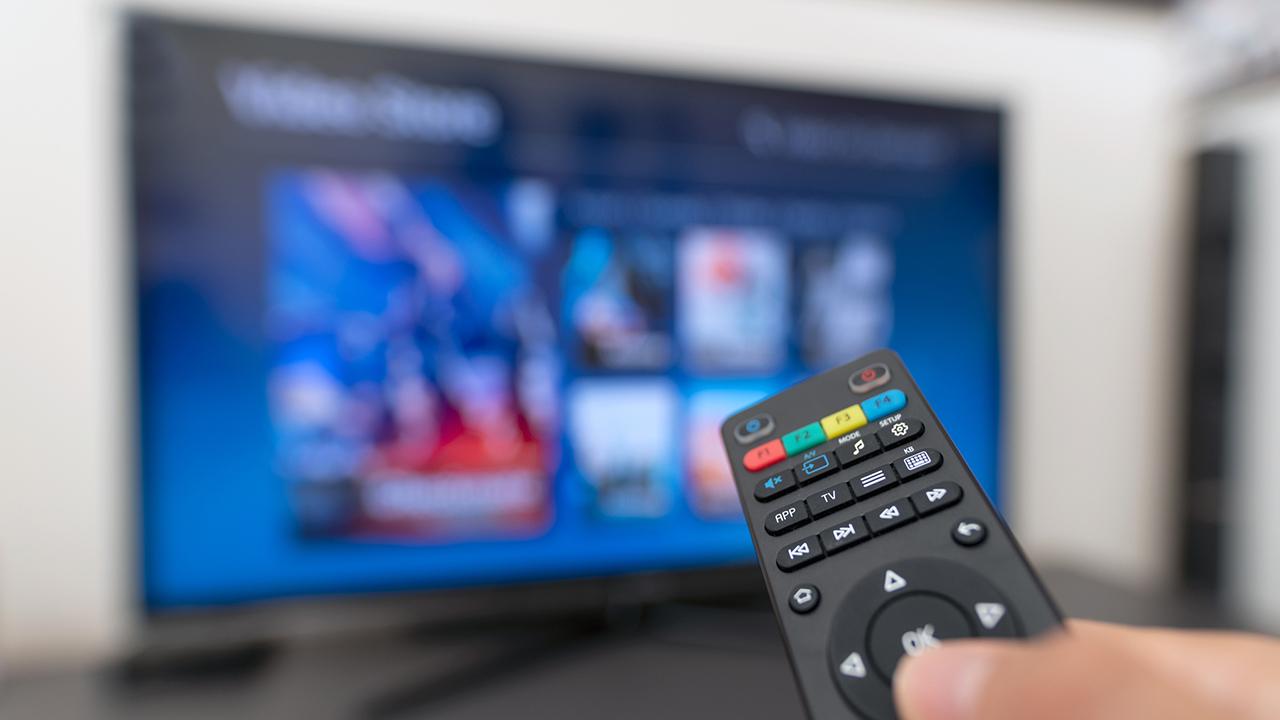Sex toys for women return to CES trade show after ban
Lora DiCarlo, a sex tech company, is back at the Consumer Electronics Show
Solo sex sells.
Sex tech startup, Lora DiCarlo, will debut two sex toys at the annual Consumer Electronics Show in Las Vegas on Tuesday one year after the company was banned from the show for promoting the feminine-focused products.
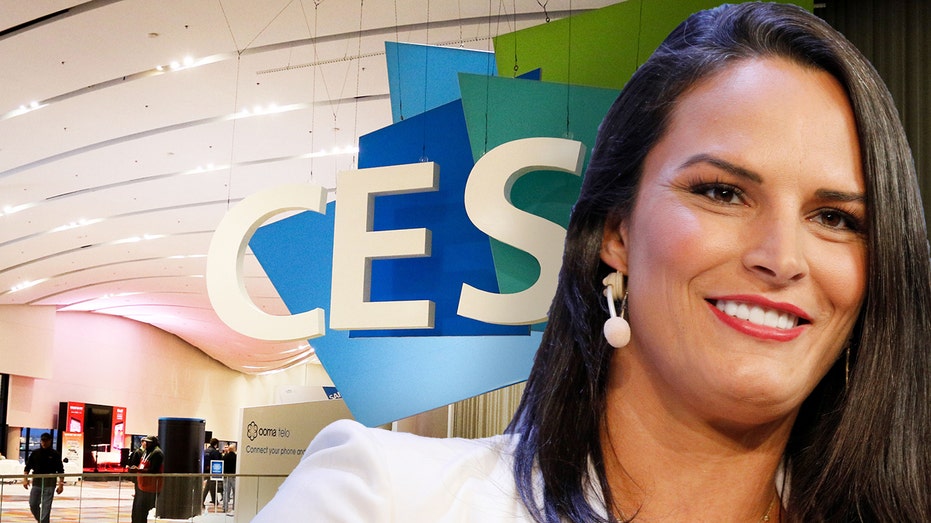
Lora DiCarlo at the Consumer Electronics Show. (Justin Solomon/Getty Images)
Lora Haddock DiCarlo, the CEO and founder of the company, wants to remove the stigma associated with sex toys and market them as products for sexual health and wellness.
"We think we're at the precipice of social change when it comes to the conversation around sexual health and wellness," Lora Haddock DiCarlo, CEO and founder of her namesake company, told FOX Business.
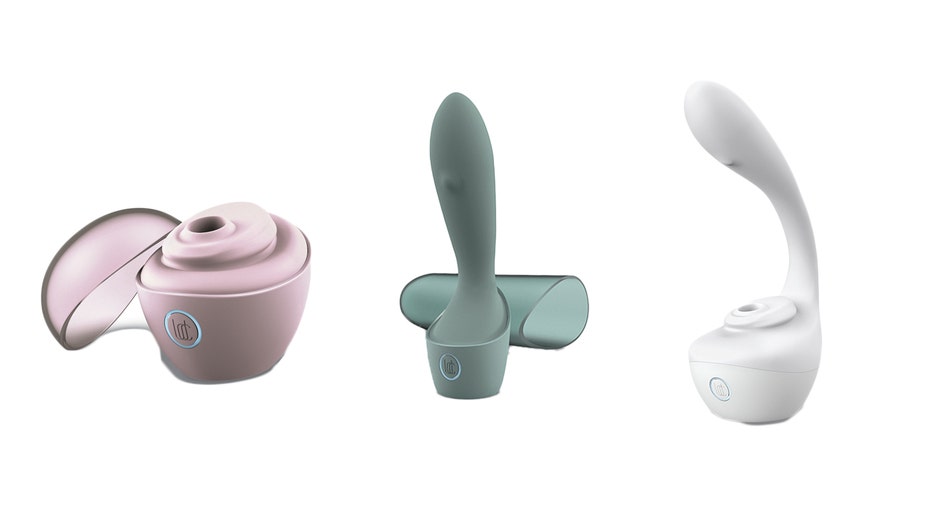
Products from sex tech company Lora DiCarlo. (Courtesy of Lora DiCarlo).
The organizers of CES, the Consumer Technology Association, announced it would allow sex tech startups to compete for awards under its health and wellness category this year after shutting out Lora DiCarlo from last year’s show. Lora DiCarlo, named after its owner, won an innovation award from CES last year for a prototype of its sex toy, Osé, a hands-free robotic massager to stimulate pleasure for women.
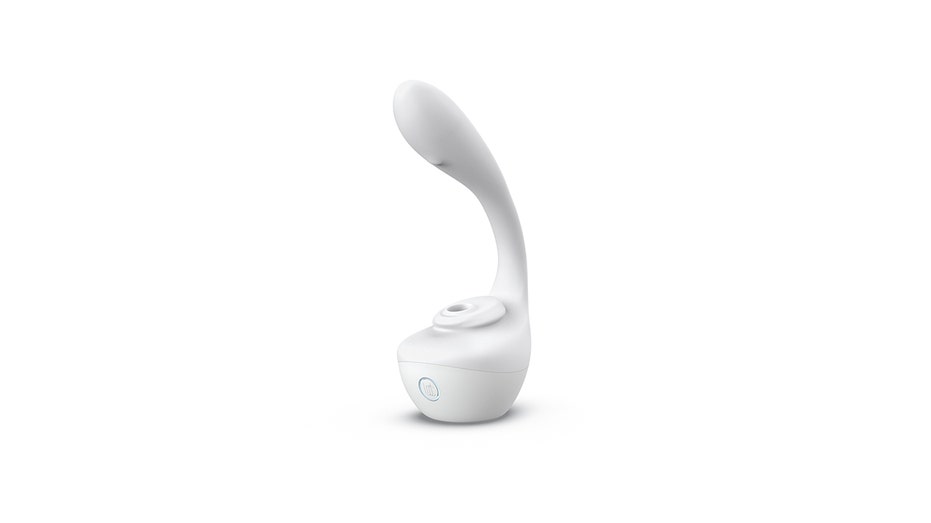
Sex tech startup Lora DiCarlo pre-sold more than a reported 10,000 of its Osé sex toys — priced at $290 each — in December. (Courtesy of Lora DiCarlo)
A month later, however, the CTA revoked the award on the grounds DiCarlo said they found Osé “immoral, obscene and profane,” USA Today reported.
IVANKA TRUMP TO TALK AMERICA'S FUTURE WORKFORCE AT CONSUMER ELECTRONIC SHOW
The CTA was slammed by critics, who said the decision to ban a product geared towards women was sexist. The CTA later apologized to DiCarlo and reinstated the award. But the initial controversy led to CTA designating a floor for sex tech entrepreneurs to display their products with health and wellness companies. CES will let sex tech companies showcase their products on a one-year trial.
CES organizers also partnered with The Female Quotient, which trains businesses on workplace equality, to promote gender diversity at the tech show, which has been historically dominated by men.
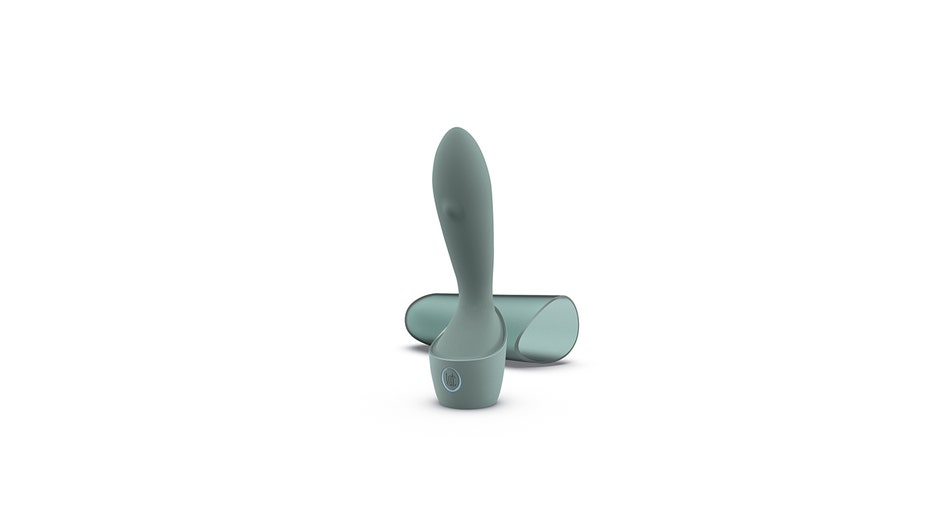
Sex toys from DiCarlo's brand cost upwards of $200 each. (Courtesy of Lora DiCarlo)
Researchers have reported since 2012 that fewer and fewer Americans are having sex compared to previous decades. Twenty-three percent of adults – or nearly 1 in 4 – admitted to not having sex in the past year, the Washington Post reported.
And, with that, demand for sex toys seems to be on the rise. DiCarlo's company reportedly pre-sold more than 10,000 of its Osé sex toys — priced at $290 each — in December. In the past year, Lora DiCarlo grew from a team of six to nearly 30 employees and the company said it tripled its sales at the end of 2019. Its new products launching at CES will hit the market in March, DiCarlo confirmed.
"The greatest challenge has been manufacturing this unique device on a mass scale. Prototyping was one thing, but the final micro-robotic device is made up of almost 250 parts to create biomimetic movement, and that was an undertaking to produce," DiCarlo said.
Self-satisfaction has a number of health benefits, research suggests. Studies show that women who self-pleasure can reduce the chances of developing a urinary tract infection, while men could lower their risk of developing prostate cancer, Psychology Today reported.
Sex toys have, for years, been sold exclusively at sex shops or online, making male and female buyers feel like they had to be discreet about purchasing them. Now, vibrators and other sexually stimulating products are being sold in more mainstream outlets everywhere from Urban Outfitters to drugstores like Duane Reade and Walgreens. And products are being marketed under the health and wellness umbrella, not just sex.
GET FOX BUSINESS ON THE GO BY CLICKING HERE
Dame, a company that sells vibrators for women, markets itself with the hashtag #PleasureIsHealth on its website. But like Lora DiCarlo, the woman-owned company has faced its fair share of backlash. The company sued the New York Metropolitan Transit Authority last year after its ads -- which featured its sex toys -- were rejected from running in subway stations around Manhattan. The company said in a legal complaint that the MTA's removal of the ads was sexist and violated free speech. The MTA, meanwhile, has previously advertised images of erectile dysfunction medicine, birth control and condoms (The MTA did not immediately return a request for comment).
CLICK HERE TO READ MORE ON FOX BUSINESS
This story was updated to include comments from Lora Haddock DiCarlo, the founder and CEO of Lora DiCarlo.




















